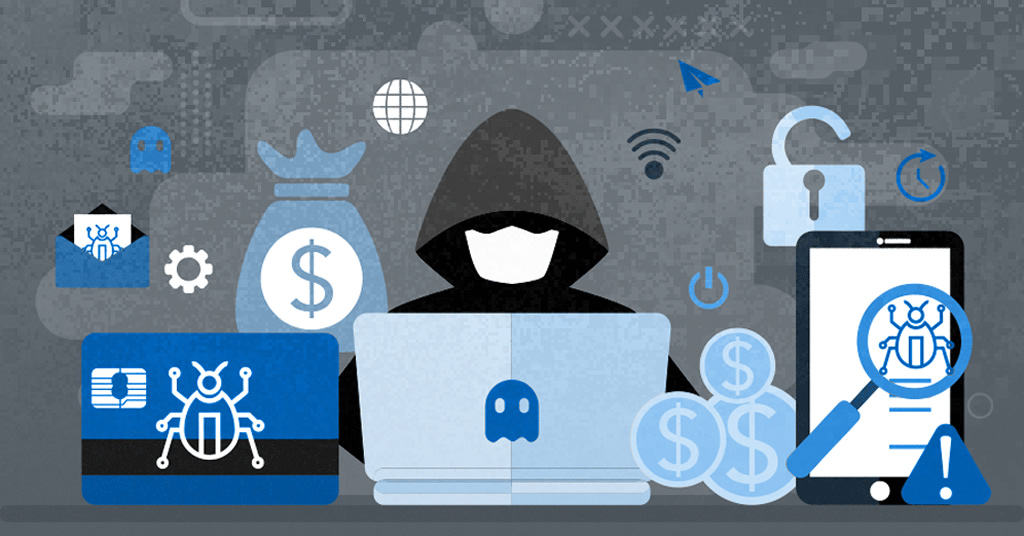
Online scams have been around for decades. Most of us are aware of threats posed by phony websites and suspicious emails; these tactics are well-documented and extremely popular. But as our technological landscape has changed, hackers have found new ways of collecting our personal information. Even scarier, the current global pandemic has given malicious users an easy way to catch our attention, and the widespread stay-at-home order means that they have a captive audience. All of these factors combined make this a dangerous time for cybercrime.
It’s important to stay cognizant of any information you’re sharing on social media during times like these. Though it may be tempting to participate in one of the many Facebook challenges that are now circulating, doing so could be risky. According to one report, a recent challenge prompted Facebook users to share photos of every car they’ve ever owned. Information like that could be used by a hacker to access personal information, as many sites use the make/model of your first car as a security prompt. In addition, posts that require you to copy/paste content from another user’s profile allow the original poster to view your content. Thwarting potential hackers is simple: Double check your social media profiles for red flags and take down any information that could be used to access personal accounts. While sites like Facebook might seem secure, you never know who exactly is viewing your data.
Other Facebook scams blatantly target those made most vulnerable by this pandemic. Recently, a malicious post promised seniors funds for medical bills if they clicked an attached link. The link redirected to a site claiming to be the “U.S. Emergency Grants Federation.” Seniors were then directed to provide their Social Security Number to receive aid. Vigilance is key when avoiding scams like this. If you feel that someone you know may be at risk, make sure you proactively communicate with them about the dangers associated with social media links.
Hackers are also collecting data via malicious text messages. One popular campaign tells text recipients that they have come into contact with someone who has tested positive for COVID-19. They are then prompted to click a link, which acts as a gateway for hackers to infiltrate the text recipient’s private data. This kind of scam is all too common; hackers are using the COVID-19 pandemic to prey upon people’s fear and uncertainty. To gather information about the pandemic, travel to reputable sites directly. Don’t trust links sent via text or email.
Though your attention may be pulled in many different directions right now, don’t let the current global climate compromise the safety of your data. It’s important to remain wary of any suspicious online activity, no matter where it may appear.


